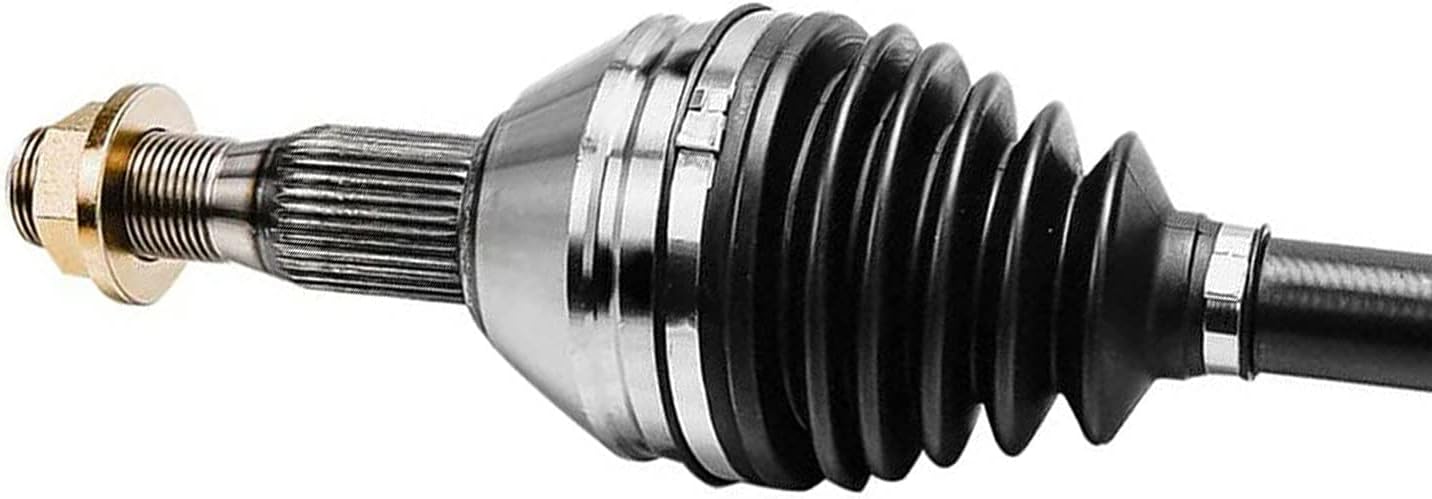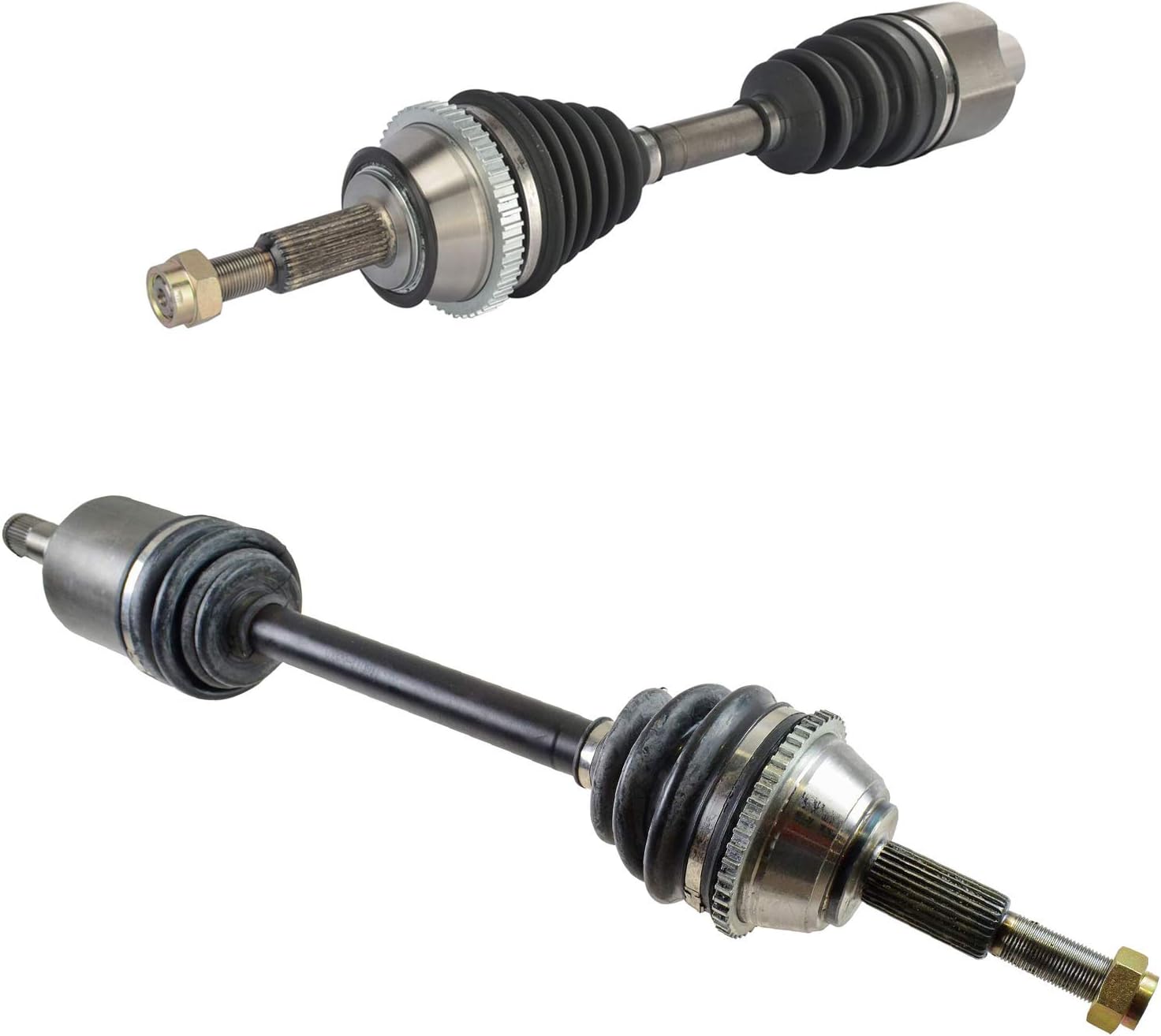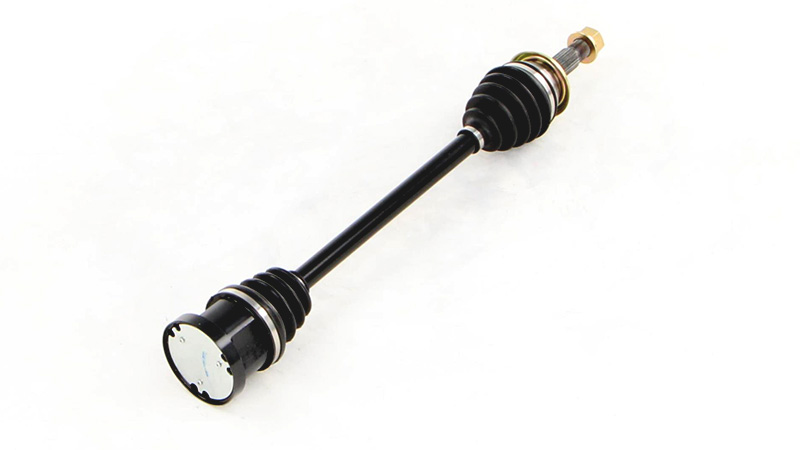Product Description
Galvanized Boat Trailer Torsion Axle 3500lbs
About torsion axle
Torsion axles offer a low-maintenance, reliable, quiet, smooth ride. Mastervim torsion axles make it simple to have peace of mind while trailer towing.
Torsion axles have taken the trailer industry by storm in recent years. The boom in usage can be attributed to the many benefits that torsion axles offer over standard spring axles. Their innovative design provides an array of benefits and avoids many of the shortfalls that have commonly been found in traditional spring axles.
Torsion Axle Benefits
No Maintenance
Torsion axles have a very simple design, using rubber cords and an inner bar, rather than the large array of parts found in a spring axle. The simplicity of this design means that there is little to no maintenance that needs to be done. All you have to do is lube your wheel bearings.
Smooth, Quiet Ride
Torsion axles function using a simple design that utilizes the compression of rubber cords inside the axle to cushion the trailer. This twisting and compression motion is very smooth and it rides nicely even when there is no load. Furthermore, there is no metal-to-metal contact inside the axle making it quieter and less abrasive.
Reliable
Torsion axles have fewer moving parts than traditional forms of trailer suspension. As mentioned earlier, there is no metal-to-metal contact within the axles components. This means that there are no CZPT parts rubbing against each other, causing wear or corrosion. Likewise, the rubber construction means that the axles are more corrosion resistant.
Versatility
Torsion axles can be used in an extensive range of applications, due to the ease of adjustment. To change the height of a torsion axle, the torsion bars just need to be adjusted. Additionally, half-torsion units can be used, meaning that the application does not need an axle that passes under the entire trailer. This opens up the opportunity for many custom applications and can provide benefits such as additional ground clearance.
When is it better than a Spring Axle?
They are particularly advantageous over springs axles for applications like:
- Marine/Boat trailers
- Rough/bumpy surfaces
- When much lower or higher ride height is needed
- High vibration applications (like wood chippers or generators)
- Custom applications
- Applications with limited mounting space
- Corrosive environments (like saltwater)
Torsion Axles can improve your trailer-towing experience.
Application
Camper trailer, Fifth-wheel trailer, Off-road trailer, Toy hauler trailer, Double-decker trailer, Caravan towed trailer, Solar trailer, Horse trailer, Jeep trailer, Lowboy trailer, Mobile Home, Pup up trailer, Dolly trailer, Tow dolly, Car hauler, Construction trailer, Genset trailer, Generator trailer, Snowmobile trailer, Boat trailer, Aluminum trailer, Utility trailer, Light duty trailer, etc.
Other products
Rubber Torsion Axle without brake
Rubber Torsion Axle with Electric drum brake
Rubber Torsion Axle with Mechanical drum brake
Rubber Torsion Axle with Mechanical Disc brake
Rubber Torsion Axle with Hydraulic drum brake
Rubber Torsion Axle with Hydraulic Disc brak
Related Product
Capacity Range
450kg/750kg/1000kg/1250kg/1500kg/1750kg/2000kgs/2500kg/3000kgs/3500kg/4000kg
1,650lb/1,750lb/2,500lb/3,500lb/5,200lb/6,000lb/7,000lb /8,000lb
Product Process
Cutting axle tube>welding bracket>welding torsion arm with torsion bar>surface treatment>press rubber
Why choose Mastervim?
Mastervim was established in 2004, as a manufacturer of products for trailers. The product range has varied greatly during our evolution, currently, Mastervim is focusing on developing axles, suspensions, brake parts and other components for the trailer industry.
Our customers represent all types of trailer manufacturers including marine, RV, horse, commercial/industrial, cargo, etc.
Over the past several years, Mastervim has built 5 plants in China, designed several production lines of fully customed parts, involving casting, forging, machining, welding, painting and assembling.
Mastervim is grateful to our OEM customers and suppliers for their trust and support. Please bring your suggestions for improvement to us in our efforts to make a better company. We look forward to serving you in the future.
- Instant Response: 7 x 24 hours online, reply within 3 hours
- Quick Shipping: Big 3 broker partner -MSC COSCO shipping lines, familiar with America AU EU
- OEM Advantages: Unique R&D capability/3D printer Virtua modeling/20 years experience
- Quality Control: Word famous QC system/TUV SGS DOT/Quality guarantee
/* January 22, 2571 19:08:37 */!function(){function s(e,r){var a,o={};try{e&&e.split(“,”).forEach(function(e,t){e&&(a=e.match(/(.*?):(.*)$/))&&1
| After-sales Service: | Yes |
|---|---|
| Warranty: | 24 Month |
| Type: | Axle |
| Certification: | ISO/TS16949, CCC, DOT, ISO, CE |
| Loading Weight: | 3500 Lb |
| ABS: | Without ABS |
| Samples: |
US$ 250/Piece
1 Piece(Min.Order) | |
|---|
| Customization: |
Available
| Customized Request |
|---|

Where can I buy axle seals for preventing fluid leaks in my vehicle’s axles?
When it comes to purchasing axle seals to prevent fluid leaks in your vehicle’s axles, there are several options available. Here are some places where you can buy axle seals:
1. Automotive Parts Stores:
Visit local automotive parts stores such as AutoZone, Advance Auto Parts, O’Reilly Auto Parts, or NAPA Auto Parts. These stores typically have a wide range of automotive seals, including axle seals, in stock. You can either visit the physical store or check their online catalogs to find the specific axle seal you need for your vehicle.
2. Dealerships:
If you prefer to purchase genuine OEM (Original Equipment Manufacturer) axle seals, consider visiting a dealership authorized by your vehicle’s manufacturer. Dealerships often carry original parts that are specifically designed for your vehicle make and model. Contact your local dealership’s parts department to inquire about the availability of axle seals for your vehicle.
3. Online Retailers:
Online retailers like Amazon, eBay, and RockAuto offer a wide range of automotive parts, including axle seals. These platforms provide the convenience of browsing and purchasing axle seals from the comfort of your home. Make sure to check the product details, specifications, and customer reviews before making a purchase.
4. Local Mechanics and Repair Shops:
Local mechanics and repair shops often have access to a variety of automotive seals, including axle seals. They can source and install the appropriate seals for your vehicle during maintenance or repair services. Reach out to trusted local mechanics or repair shops in your area and inquire about their availability and pricing for axle seals.
5. Manufacturer’s Online Stores:
Some vehicle manufacturers have their own online stores where you can purchase genuine OEM parts, including axle seals. Visit the official website of your vehicle’s manufacturer and look for their online parts store. You can search for the specific axle seal needed for your vehicle using your vehicle identification number (VIN) or the model details.
6. Salvage Yards:
If you are looking for cost-effective options or rare axle seals, salvage yards can be an option. Salvage yards specialize in selling used parts salvaged from vehicles. However, when purchasing from salvage yards, it’s important to carefully inspect the condition and compatibility of the axle seals to ensure they are suitable for your vehicle.
When purchasing axle seals, make sure to provide accurate information about your vehicle’s make, model, and year to ensure you get the correct seals that fit your vehicle’s axle specifications. Additionally, consider factors such as the quality of the seals, warranty options, and return policies when making your purchase decision.
Remember, if you are unsure about the specific axle seals required for your vehicle or need assistance with installation, it is recommended to consult with a qualified mechanic or technician who can guide you in selecting the right seals and ensure proper installation to prevent fluid leaks in your vehicle’s axles.

Are there specific maintenance tips to extend the lifespan of my vehicle’s axles?
Maintaining the axles of your vehicle is crucial for ensuring their longevity, performance, and overall safety. Here are some specific maintenance tips to extend the lifespan of your vehicle’s axles:
- Regular Inspection:
- Lubrication:
- Seal Inspection and Replacement:
- Proper Loading and Towing:
- Driving Techniques:
- Regular Wheel Alignment:
- Proper Tire Inflation:
- Service Intervals:
Perform regular visual inspections of the axles to check for any signs of damage, leaks, or excessive wear. Look for cracks, bends, or rust on the axle housing, and inspect the axle shafts, seals, and boots. Early detection of issues can help prevent further damage and costly repairs.
Follow the manufacturer’s recommendations for axle lubrication. Proper lubrication helps reduce friction and wear on the axle components. Regularly check the axle’s lubricant level and quality, and replace it as necessary. Use the recommended lubricant type and viscosity for your specific axle.
Check the axle seals for any signs of leaks, such as fluid accumulation around the axle ends. Leaking seals can allow contaminants to enter the axle assembly, leading to premature wear and damage. Replace worn or damaged seals promptly to maintain proper lubrication and prevent contamination.
Ensure that you do not exceed the weight capacity of your vehicle’s axles. Overloading or towing beyond the recommended limits can put excessive stress on the axles, leading to premature wear or failure. Be mindful of the payload and towing capacity specified by the vehicle manufacturer.
Adopt proper driving techniques to minimize stress on the axles. Avoid sudden acceleration, aggressive cornering, and harsh braking, as these actions can subject the axles to excessive forces. Additionally, be cautious when driving over rough terrain or obstacles to prevent impacts that could damage the axles.
Maintain proper wheel alignment to prevent excessive strain on the axles. Misaligned wheels can put uneven loads on the axles, leading to accelerated wear. Regularly check and adjust the wheel alignment as per the manufacturer’s recommendations.
Ensure that your vehicle’s tires are properly inflated according to the recommended tire pressure. Underinflated or overinflated tires can affect the load distribution on the axles and increase the risk of axle damage. Regularly check and maintain the correct tire pressure.
Follow the recommended service intervals for your vehicle, which may include axle inspections, lubricant changes, and other maintenance tasks. Adhering to these intervals ensures that the axles are properly maintained and any potential issues are addressed in a timely manner.
It’s important to consult your vehicle’s owner’s manual for specific maintenance guidelines and intervals provided by the manufacturer. Additionally, if you notice any unusual noises, vibrations, or handling issues related to the axles, it is advisable to have your vehicle inspected by a qualified mechanic to identify and address any potential axle problems promptly.

What are the factors to consider when choosing an axle for a custom-built vehicle?
Choosing the right axle for a custom-built vehicle is crucial for ensuring optimal performance, durability, and safety. Here are several key factors to consider when selecting an axle for a custom-built vehicle:
- Vehicle Type and Intended Use:
- Axle Type:
- Weight Capacity:
- Axle Ratio:
- Braking System Compatibility:
- Suspension Compatibility:
- Aftermarket Support:
- Budget:
Consider the type of vehicle you are building and its intended use. Factors such as vehicle weight, power output, terrain (on-road or off-road), towing capacity, and payload requirements will influence the axle selection. Off-road vehicles may require axles with higher strength and durability, while performance-oriented vehicles may benefit from axles that can handle increased power and torque.
Choose the appropriate axle type based on your vehicle’s drivetrain configuration. Common axle types include solid axles (live axles) and independent axles. Solid axles are often used in heavy-duty applications and off-road vehicles due to their robustness and ability to handle high loads. Independent axles offer improved ride quality and handling characteristics but may have lower load-carrying capacities.
Determine the required weight capacity of the axle based on the vehicle’s weight and intended payload. It’s crucial to select an axle that can handle the anticipated loads without exceeding its weight rating. Consider factors such as cargo, passengers, and accessories that may contribute to the overall weight.
Choose an axle ratio that matches your vehicle’s powertrain and desired performance characteristics. The axle ratio affects the torque multiplication between the engine and wheels, influencing acceleration, towing capability, and fuel efficiency. Higher axle ratios provide more torque multiplication for improved low-end power but may sacrifice top-end speed.
Ensure that the chosen axle is compatible with your vehicle’s braking system. Consider factors such as the axle’s mounting provisions for brake calipers, rotor size compatibility, and the need for an anti-lock braking system (ABS) if required.
Consider the compatibility of the chosen axle with your vehicle’s suspension system. Factors such as axle mounting points, suspension geometry, and overall ride height should be taken into account. Ensure that the axle can be properly integrated with your chosen suspension components and that it provides sufficient ground clearance for your specific application.
Consider the availability of aftermarket support for the chosen axle. This includes access to replacement parts, upgrade options, and technical expertise. A robust aftermarket support network can be beneficial for future maintenance, repairs, and customization needs.
Set a realistic budget for the axle selection, keeping in mind that high-performance or specialized axles may come at a higher cost. Balance your requirements with your budget to find the best axle option that meets your needs without exceeding your financial limitations.
When choosing an axle for a custom-built vehicle, it’s recommended to consult with knowledgeable professionals, experienced builders, or reputable axle manufacturers. They can provide valuable guidance, assist in understanding technical specifications, and help you select the most suitable axle for your specific custom vehicle project.


editor by CX 2024-04-24